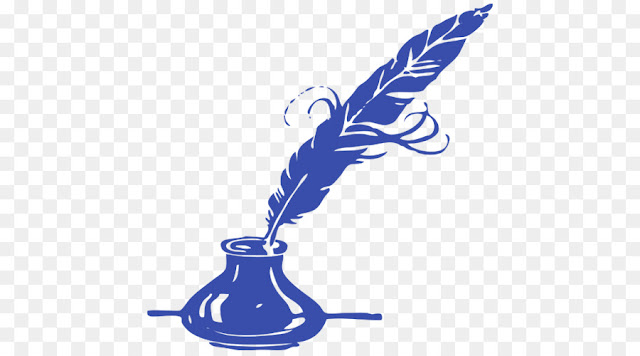PLATO AGAINST POET/RY

The poets, living and dead, were Plato's enemies. The poets, as all agreed, were inspired. This, Plato felt, was enough to damn them, for is not truth arrived at by reason? In one of his books the 'Ion, Plato gave the popular theory of poetry:
For the poet is a light and winged and holy thing, and there is no invention in him until he has been inspired and is out of his senses, and then the mind is no longer in him: when he has not attained to this state, he is powerless and is unable to utter his oracles. Many are the noble words in which poets speak of actions like your own words about Homer; but they do not speak of them by any rules of art: only when they make that to which the Muse impels them are their inventions inspired; and then one of them will make dithyrambs, another hymns of praise, another choral strains, another epic or iambic verses and he who is good at one is not good at any other kind of verse; for not by art does the poet sing, but by power divine.
So, we can conclude his say as follows: According to Plato, poets speak, not from knowledge, but from inspiration (equal to madness). So, they are none other than liars.
In the light of Plato's 'Theory of Idea/Form/Imitation', art is "twice removed from reality", so an "inferior who marries an inferior and has inferior offspring" (Plato, 'Ion').
Poetry feeds and waters the passions that ought to be dried up. "She lets them rule, although they ought to be controlled, if mankind are ever to increase in happiness and virtue." When the poet who can imitate anything comes to the city, "we will fall down and worship him as a sweet and holy and wonderful being; but we must also inform him that in our State such as he are not permitted to exist; the law will not allow them. And so when we have anointed him with myrrh, and set a garland of wool upon his head, we shall send him away to another city. (Plato, 'The Republic').
Thus the poet is exiled from Plato's Republic.
Is there then to be no song or poetry? Some, but only that written under the control of the rulers. Music which makes for good military discipline; hymns to the gods and praises for good men.
And let poets celebrate the victors, not however every poet, but only one who in the first place is not less than fifty years of age; nor should he be one who, although he may have musical and poetical gifts, has never in his life done any noble or illustrious action; but those who are themselves good and also honourable in the state, creators of noble actions let their poems be sung, even though they be not very musical. And let the judgment of them rest with the instructor of youth (i.e., the director of education) and the other guardians of the laws, who shall give them this privilege, and they alone shall be free to sing; but the rest of the world shall not have this liberty. Nor shall any one dare to sing a song which has not been approved by the judgment of the guardians of the laws, not even if his strain be sweeter than the songs of Thamyras and Orpheus; but only such poems as have been judged sacred and dedicated to the gods, and such as are the works of good men, in which praise or blame has been awarded and which have been deemed to fulfill their design fairly." (Plato, 'Laws')...>


Comments
Post a Comment